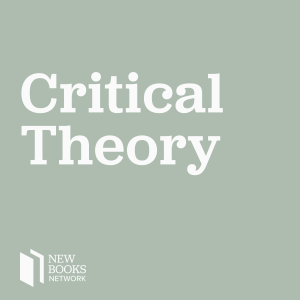
Andrew Kettler, "The Smell of Slavery: Olfactory Racism and the Atlantic World" (Cambridge UP, 2020)
 2020-07-27
2020-07-27
Download
Right click and do "save link as"
In his new book, The Smell of Slavery: Olfactory Racism and the Atlantic World (Cambridge University Press, 2020), Dr. Andrew Kettler charts the impact that smell had on the making of race and justifications for enslavement in the Atlantic world.
Western European defined the African subject as a scented object, appropriated as filthy to create levels of ownership through discourse that marked African peoples as unable to access spaces of Western modernity. So powerful was this process of embodied cultural knowledge and racial othering that the very European biological function of smell altered in the early modern period.
While the first half of the book details this dialectical materialism from a European perspective, the second half speaks to the real consciousness and function that the sense of smell had in communities of African descent. Smell became a powerful tool for many enslaved peoples and racialized “others” to assert their agency, individualism, power, and perform everyday acts of resistance.
Deeply researched and theorized, The Smell of Slavery offers modern readers a deeper historical understanding of the unconscious development of their senses and the powerful legacy that such embodied cultural knowledge and olfactory racism still has on Atlantic societies.
Dr. Andrew Kettler is an Ahmason-Getty Fellow for the University of California, Los Angeles Center for 17th and 18th-Century Studies at the William Andrews Clark Memorial Library.
R. Grant Kleiser is a Ph.D. candidate in the Columbia University History Department. His dissertation researches the development of the free-port system in the eighteenth-century Caribbean, investigating the rationale for such moves towards “free trade” and the impact these policies had on subsequent philosophers, policy-makers, and revolutionaries in the Atlantic word.
Learn more about your ad choices. Visit megaphone.fm/adchoices
view more
More Episodes
012345678910111213141516171819
Create your
podcast in
minutes
- Full-featured podcast site
- Unlimited storage and bandwidth
- Comprehensive podcast stats
- Distribute to Apple Podcasts, Spotify, and more
- Make money with your podcast
It is Free
- Privacy Policy
- Cookie Policy
- Terms of Use
- Consent Preferences
- Copyright © 2015-2024 Podbean.com





